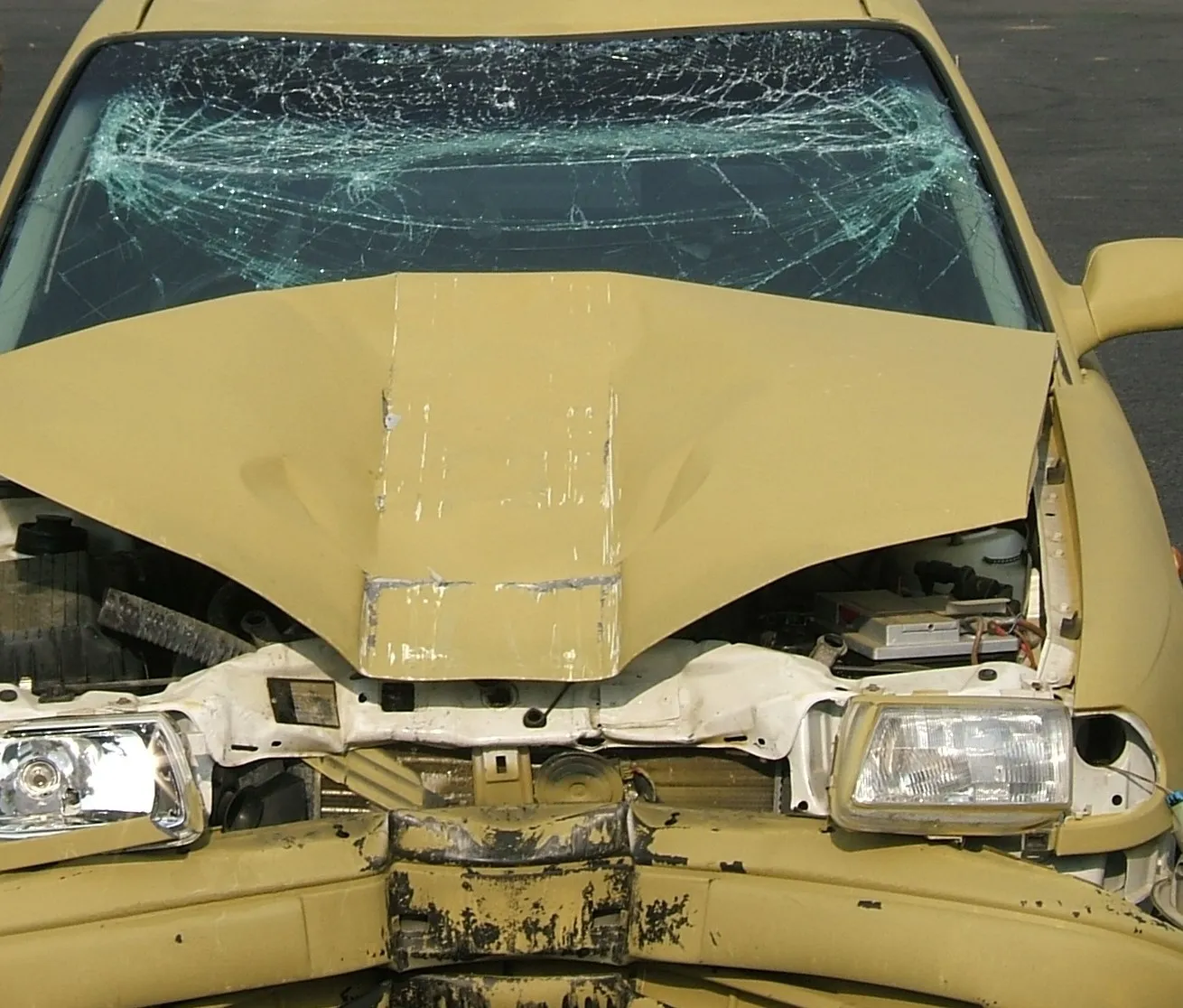A study carried out by a researcher in the University of Nottingham reveals improving safety on British roads. The study focussed on data from England and Wales and shows that fatality levels in 2009 were 41% lower than in 1960. The study highlighted several key factors as having improved safety and reduced the death toll including the mandatory use of child seats and seat belts and car design changes, as well as specialist trauma centres and more rigid enforcement of drink-drive laws and speed limits. One
November 11, 2013
Read time: 2 mins
A study carried out by a researcher in the 4095 University of Nottingham reveals improving safety on British roads. The study focussed on data from England and Wales and shows that fatality levels in 2009 were 41% lower than in 1960. The study highlighted several key factors as having improved safety and reduced the death toll including the mandatory use of child seats and Seat belts and car design changes, as well as specialist trauma centres and more rigid enforcement of drink-drive laws and speed limits. One of the key findings was that deaths amongst the under-14s fell by 70%. The annual death rate on the road networks hit ITS peak in the 1970s and in 2009 this was roughly half of ITS highest point. The research is of note given that the numbers of registered vehicles on the road have increased enormously since 1960, along with Total distances driven.






